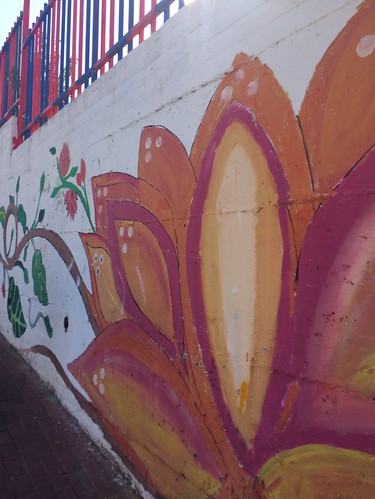Israel’s Central Bank Props Up Shekel After Plunge
Israel #Israel

The Bank of Israel said on Tuesday that it has spent $7.3 billion to support the shekel, which had fallen to an eight-year low following Hamas’s attack on Oct. 7. The currency is now back to about where it was before the invasion, and on Tuesday was trading at around 3.87 shekels to the dollar.
As Israel’s economy reels from an intensifying military campaign against Hamas, the country’s central bank has been working behind the scenes to provide financial stability where it can, including setting aside $30 billion to bolster the currency.
Even so, the prospect of a drawn out military operation looms over a troubled economy that had been riding high. The central bank last week cut its growth forecasts and warned of the negative impact of the war on the Israeli economy and financial markets. The bank said growth would cool to an annual rate of 2.3 percent this year and 2.8 percent in 2024, from an expected 3 percent growth pace for both years forecast in August — if the war stays confined to southern Israel.
Around 300 prominent Israeli economists called on Prime Minister Binyamin Netanyahu to shield the economy from a looming downturn, which they said would cost tens of billions of shekels. “You do not understand the magnitude of the crisis that Israel’s economy is facing,” they wrote in a joint letter last week.
The group urged “a massive diversion” of money away from a program approved in summer for the ultra-Orthodox community, arguing that the funds should instead be spent on rebuilding “the damage caused by the war,” providing aid for victims and rehabilitating the economy.
Two credit ratings agencies have warned that Israel’s debt could be downgraded, depending on the severity and length of the conflict. A downgrade would increase the interest costs for Israel’s government when it borrows money.
Israel’s finance ministry last week approved a war compensation package to help support people and businesses, including housing for evacuees from combat zones. The government will also offer grants and state-backed loans to small and midsize businesses, and is creating a fund to help businesses cover fixed expenses, including employee salaries. The plan is awaiting approval by the Knesset.